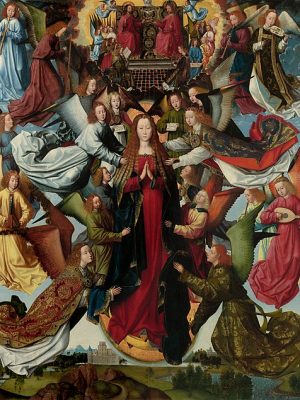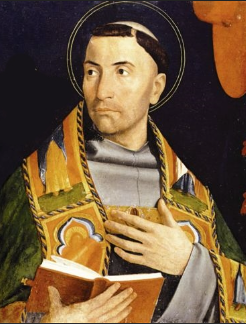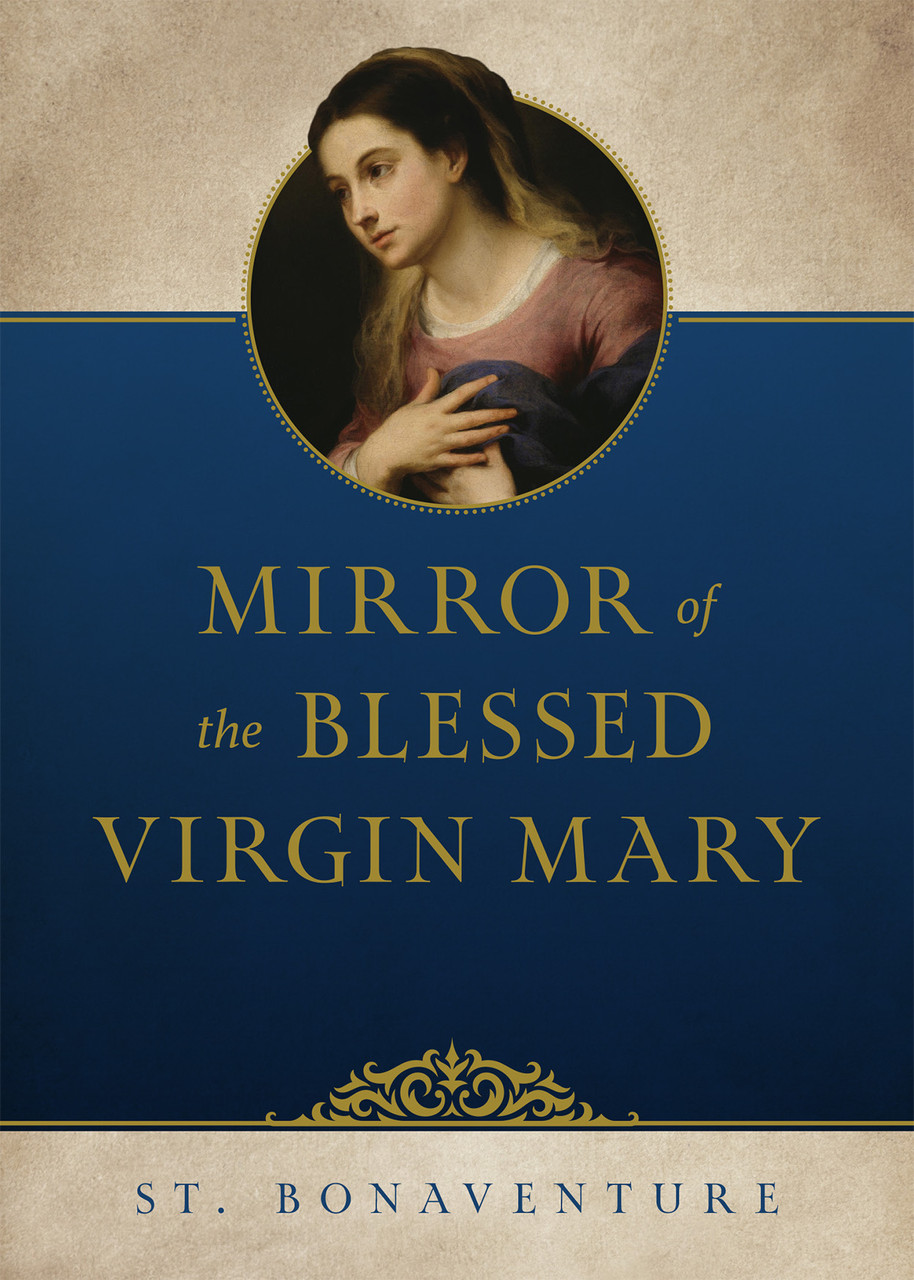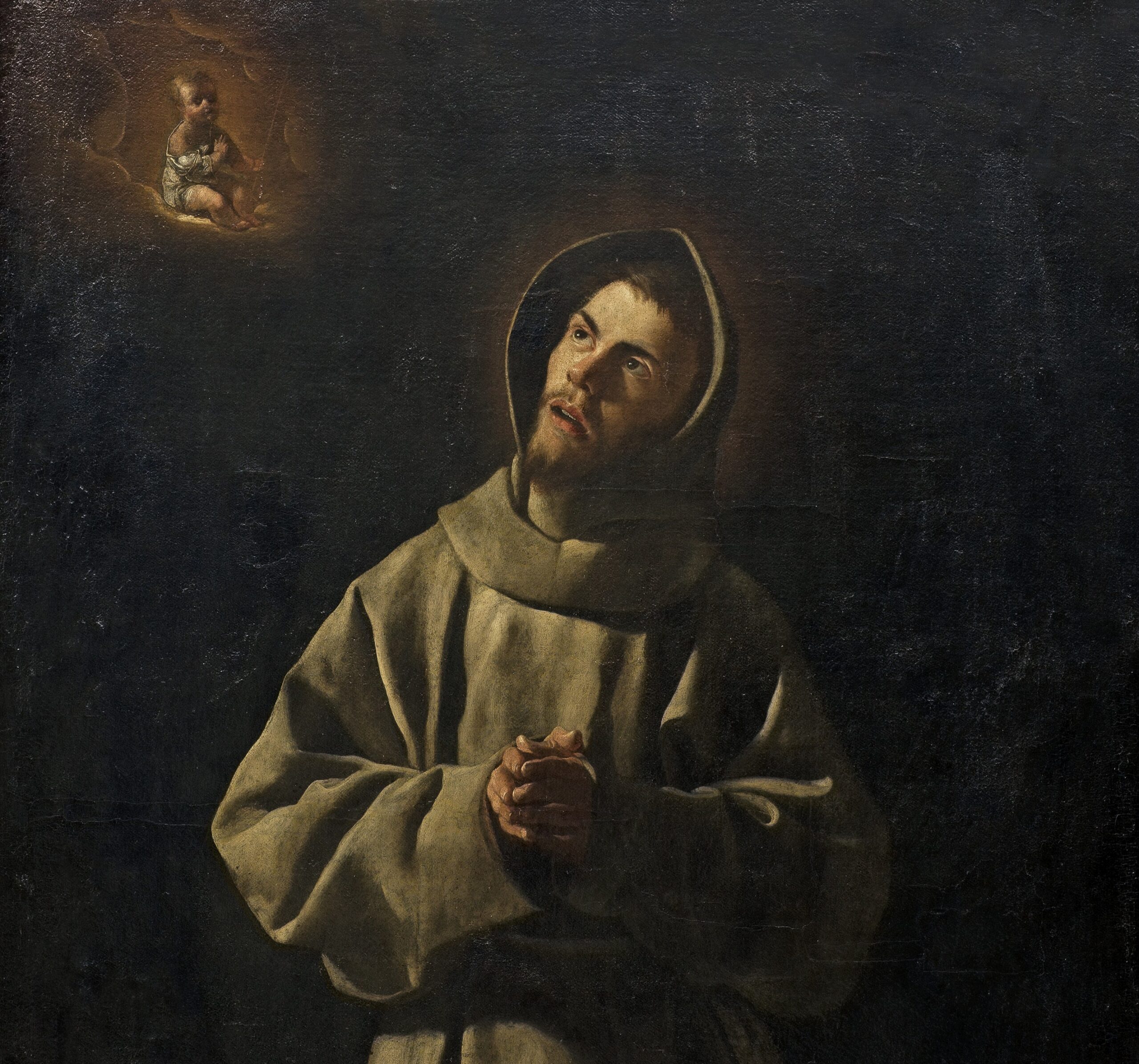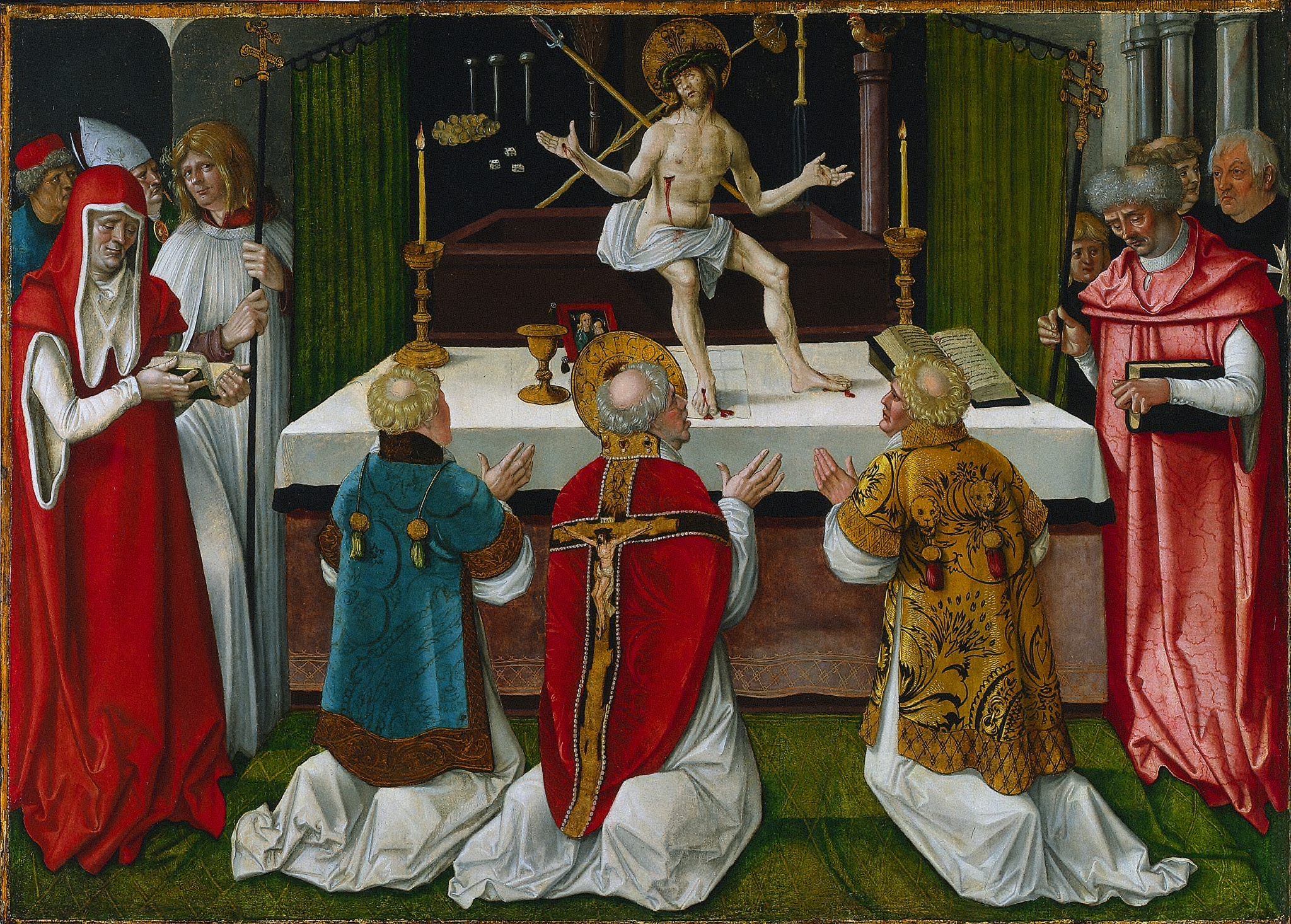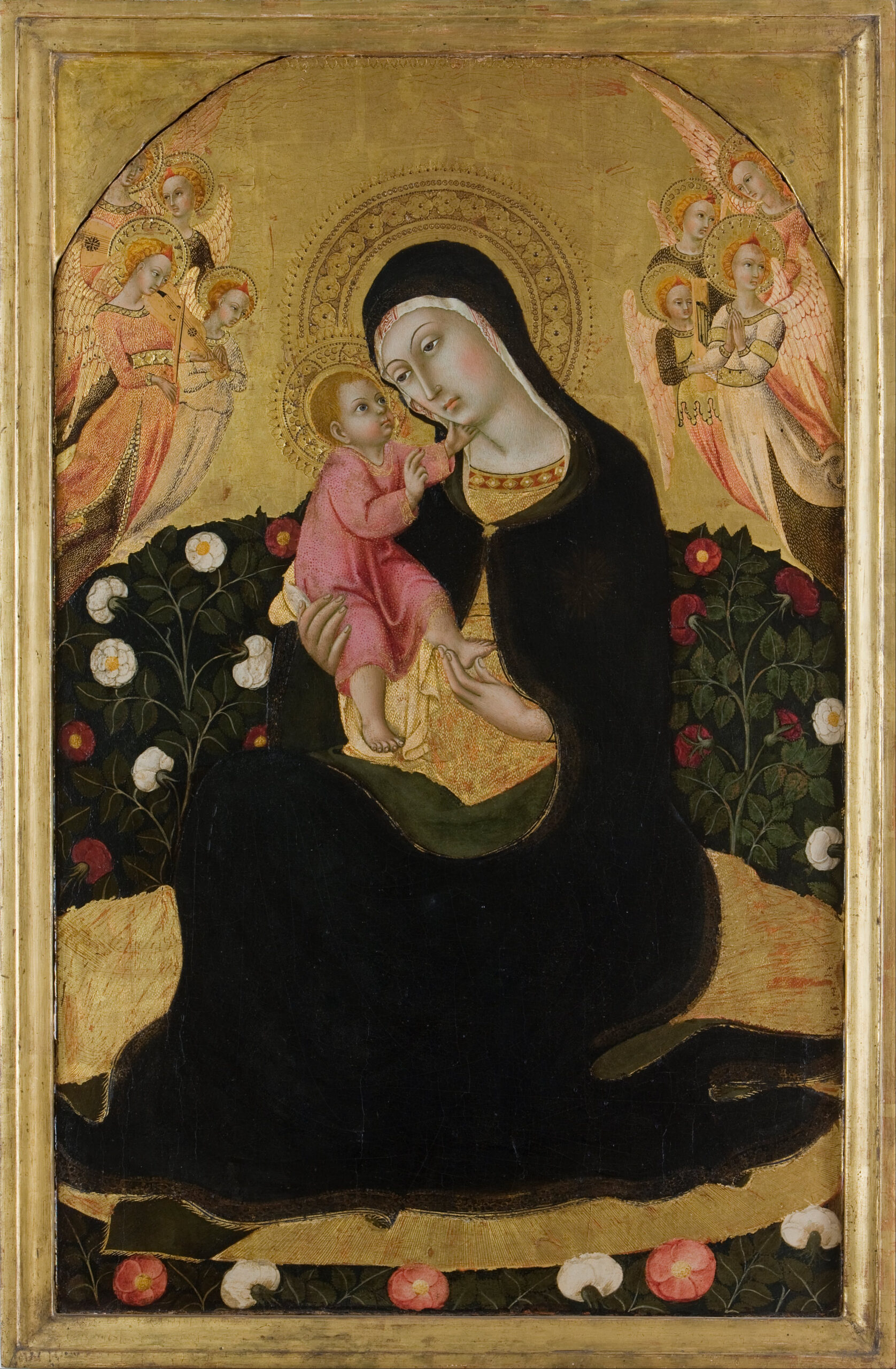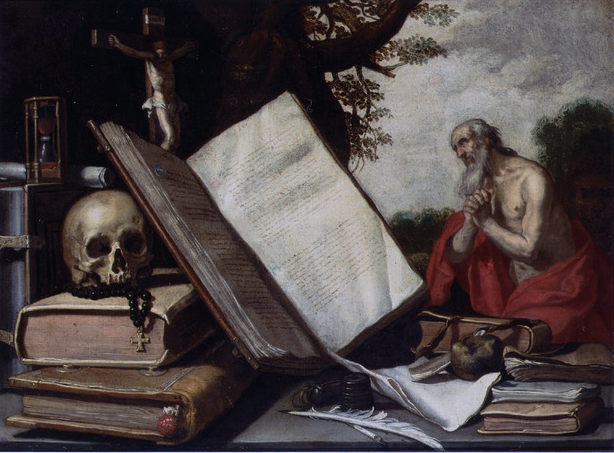Meditate with Saint Bonaventure on Mary, the Queen of Heaven. Meditate upon each consideration as Bonaventure masterfully guides your soul into a sacred reflection on the spouse of the Most High.
Mary is that Queen entering in, of whom it is said that the queen entered into Jerusalem with a great company and with riches (3 Kings, X, 1.) Truly Mary is a queen. St. Augustine says: “We truly confess her to be the Queen of Heaven, because she brought forth the King of angels.” I have spoken of this Queen in my sermon, “The Queen stood, etc.”; therefore, I will now speak of her entrance.
We are to consider, therefore, that we find Mary going in, going forth, going on, and going above. Her going forth was of nature, her progress was of grace, her entrance was into glory, her elevation was in abundance.
She went forth by being born, she progressed by advancing in grace and virtue, she entered in by attaining, she surpassed all by her sanctity. She went forth without sin, she made progress beyond all example, she entered in without obstacle, she surpassed all without limits.
First consider that we find Mary going forth into the world by her nativity without sin. . . .
Secondly, consider that we find Mary advancing without equal by her grace. Therefore it is said in the Canticle: “Who is she that cometh forth as the rising dawn, fair as the moon, bright as the sun?” (Cant. VI,9.) To these three luminaries, that is, the dawn, themoon, and the sun, Mary is fitly compared, for three excellent perfections shine forth in her. Resplendent virginity was in her mind and heart in a superlative degree; in her virginity shone forth fecundity, and in her fecundity shone forth a singular preeminence. A refreshing dawn and one pleasing to the birds was Mary; for by her virginity she cooled the ardor of the flesh, as St. Bernard says, speaking to her: “By the virtue of chastity thou didst extinguish in thy virginal flesh the ardor of the forbidden concupiscence, that He, in whose sight even the stars are not pure, judged thy flesh to be of such purity that He deigned to unite it to His own divine purity.” She also by her virginity was pleasing to the birds of heaven, that is, to the angels of God, for, as St. Jerome says: “Virginity is always related to the angels.” Therefore we read that the angel blessed Jacob in the dawn. Jacob may here signify a chaste spirit, because Jacob supplanted his brother, that is, the body, his body. He was blessed not only by the angel, but also by his father, in the dawn, or in the morning, that is, in the chaste Virgin Mary, to whom the angel said: “Blessed art thou among women.” Likewise Mary was fair as the moon in the lightgiving fecundity of her virginity; for the beauty of the moon consists in the light it receives from the sun. Think, therefore, what a beautiful moon was Mary, when that Eternal Sun was wholly received and conceived in her. Mary, therefore, is that moon in whose fullness that Man returned to the Church of whom it is said: “In the day of the full moon he will return to his house” (Prov. VII, 20.) The Blessed Virgin was the full moon, when it was said to her: “Hail, full of grace!” Again Mary was chosen as the sun in the illumining privilege of her fecundity, when not mere man alone, nor a real angel, but the Son of God Himself placed in her His tabernacle, when He was conceived in Mary. Without doubt it would have been most singular if the Virgin had conceived a mere man; but it would have been much more singular if the Virgin had conceived an angel. It was singular above all that a virgin conceived and brought forth God.
Thirdly, consider that we find Mary entering into the glory of Heaven without obstacle. For what could have opposed such a great queen advancing with so great a retinue? She was prefigured by the Queen of Saba, of whom it is said: “Entering into Jerusalem with a great train, and riches, and camels that carried spices, and an immense quantity of gold and precious stones” (3 Kings X, 2.) Consider in these words the glory of Mary entering into the heavenly Jerusalem. Consider, I say, the excellence of her who enters, her power and her wealth. Consider the excellence of the primacy of our Queen Mary, insomuch as she is compared to the Queen of Saba, which signifies a cry. For Mary is the Queen of the world, where there is a cry of mourning. She is also the Queen of Heaven, where there is a cry of joy. For the dwellers in Heaven cry out, as it is said in the Apocalypse: “Holy, holy, holy, Lord God Almighty!” And this Queen of those who cry out, ceases not herself to cry out with the others, as St. Augustine says: “Thou, O Mary, fellow-citizen of the inhabitants of Heaven, being endlessly associated with the angels and archangels, ceasest not to cry out with untiring voice: “Holy, holy, holy!” Mary entered into the heavenly Jerusalem with a multitudinous retinue of angelic powers. St. Jerome says: “We read how the angels have come to the death and burial of some of the Saints, and how they have accompanied the souls of the elect to Heaven with hymns and praises.” And he adds: “How much more should we believe that the heavenly army, with all its bands, came forth rejoicing in festive array, to meet the Mother of God, surrounded her with effulgent light, and led her with praises and canticles to the throne prepared for her from the beginning of the world.”
Fourthly, consider that we find her surpassing all the Saints in the superabundance of her merits and rewards without end, according to the saying: “Many daughters have gathered together riches, thou hast surpassed them all.” Thou hast indeed surpassed them in nature, in grace, in glory; thou hast surpassed all the daughters of men, all souls, all angelical intelligences, O Mary. I say that Mary in nature has surpassed all the daughters of men, for what nature does not admit of, she, a virgin, conceived, and brought forth, according to that word: “Behold a virgin shall conceive and bring forth a son.” And it was not this alone that is above all nature, that a virgin should bring forth a son, but that she should bring forth God.
O most sweet Virgin Mary, the Lord is truly with thee, as the sun is with the dawn which goes before it, as the flower is with the flowering stem, as the King is with the Queen entering in. O most sweet aurora, grant that the Sun of justice may also be with us! O most sublime Rod, grant that with us also may be the flower of grace! O most powerful Queen, grant that the King of glory, Our Lord Jesus Christ, may stay with us!
ooo
This article is taken from a chapter in Mirror of the Blessed Virgin Mary by Saint Bonaventure which is available from TAN Books.

